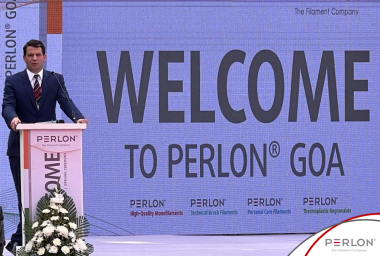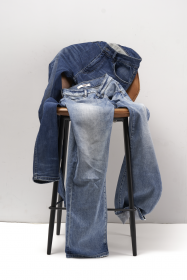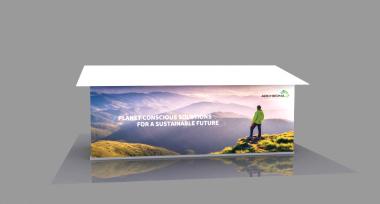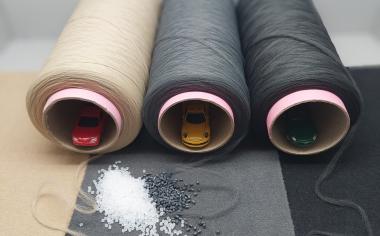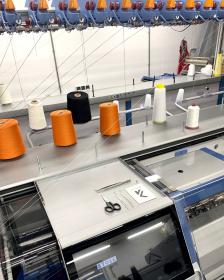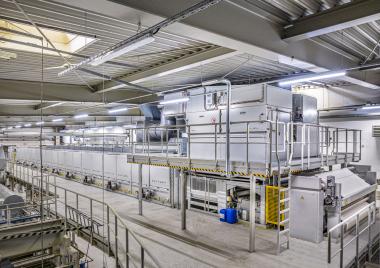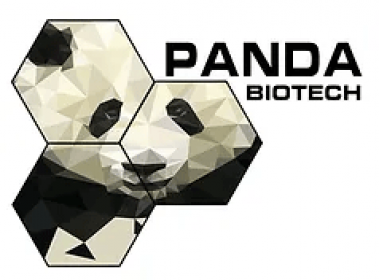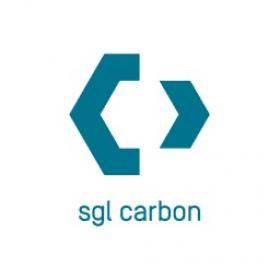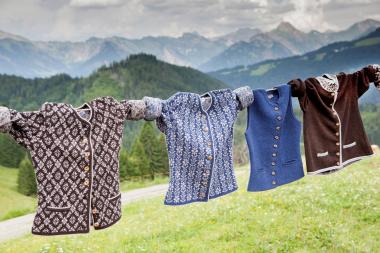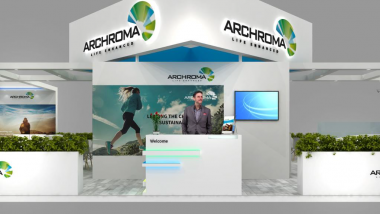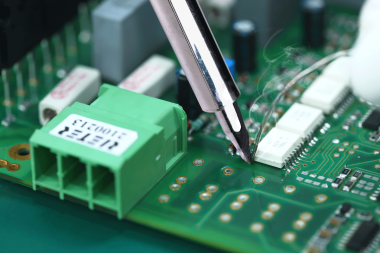Perlon: New plant in Goa
Perlon® – The Filament Company, a manufacturer of synthetic filaments headquartered in Munderkingen, Germany, celebrated the opening of its new plant in Goa, India. The event marked a significant milestone in Perlon®‘s global expansion strategy and underlines the company’s commitment to growth and innovation.
The plant in Goa was made possible by the recent acquisition of Shaun Filaments, a renowned Indian manufacturer of filaments. The integration of the Shaun Filaments production facility into the Perlon® Group not only offers the opportunity to strengthen market presence, but also to expand capacities and improve production processes.
The Perlon® plant in Goa will play a key role in the production of synthetic filaments for various industries, including paper, technical textiles, brushes, cosmetics and dental care. The acquisition of Shaun Filaments brings not only experienced professionals but also established production lines and technologies to the company.
Florian Kisling, CEO of Perlon®, expressed his enthusiasm about the successful purchase: “The opening of this plant in Goa is a crucial step in our global growth strategy. We are proud to strengthen our presence in Asia while delivering the quality and innovation that Perlon® is known for worldwide.”
Perlon


